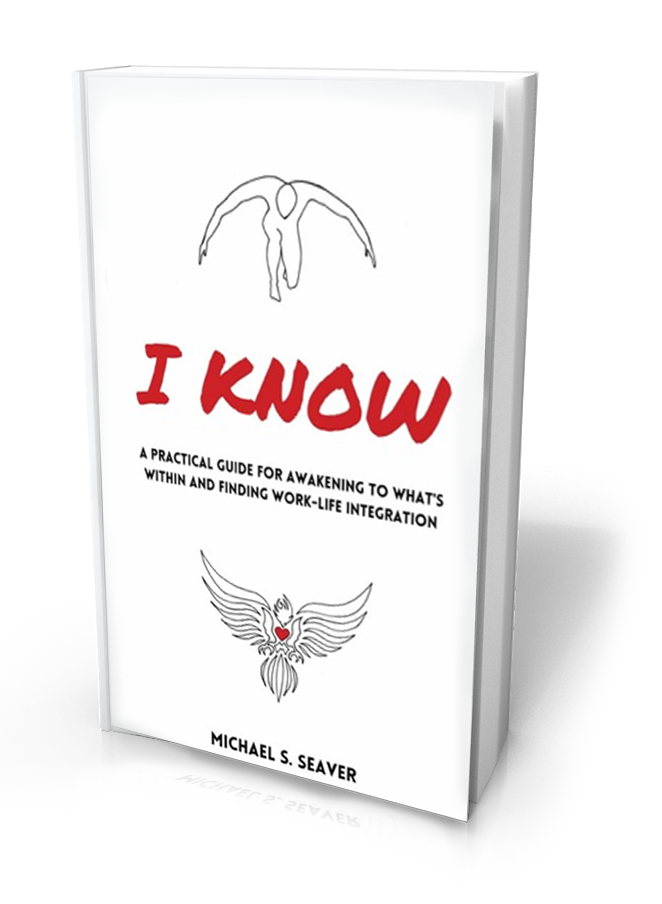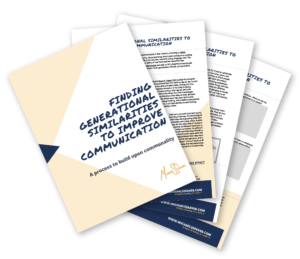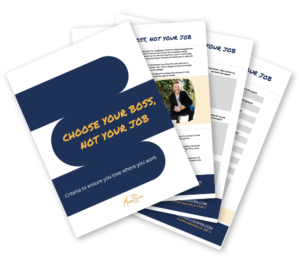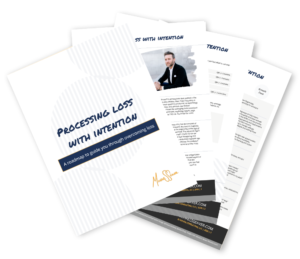Note: this article first appeared in the Arizona Society of Certified Public Accountants July/August 2016 magazine.
In 1995, Steve Jobs said “Life can be much broader once you discover one simple fact: everything around you that you call life was made up by people that were no smarter than you … shake off this erroneous notion that life is there and you’re just going to live in it, versus embrace it … make your mark upon it.”
To me, this is a remarkable reminder about the power of taking action daily, making mistakes and finding unique ways to share your personal brand.
Many executives I coach think they only need to build relationships when they’re transitioning between careers. This erroneous notion ignores just how interconnected our world has become from advances in technology, globalization and the power of conducting business with people we trust.
A January 2015 Forbes article provided valuable insight into how important relationships are to one’s career. Author Michael Simmons’ research uncovered that “According to multiple, peer-reviewed studies, simply being in an open network instead of a closed one is the best predictor of career success. In fact, the studies show that half of the predicted difference in career success (i.e., promotion, compensation, industry recognition) is due to this one variable.”
In other words, more than 50 percent of your career success is directly attributed to how often you meet and engage people you’ve not met before. By only engaging a small, closed, well-known group of colleagues, you’re severely limiting your professional opportunities.
Executives often make one, or more, of the following mistakes when networking and building relationships.
Networking only when they need a job.
In a society driven by 24/7 access to email and work-related tasks, it is difficult for gainfully employed professionals to make time for relationship building. Not only does it take time away from your family or a favorite hobby, but building meaningful relationships often doesn’t drive immediate results. Because there is rarely a tangible outcome or benefit from the conversation, you avoid doing it. After all, we live in an immediate gratification culture.
To overcome this, it is important to mentally accept that networking will not yield immediate results, but the payoff will occur in the future. It is also very helpful to diversify the channels through which you engage your stakeholders. I often encourage professionals to become active in as many as possible of the following seven arenas: a full-time job, a part-time job, being an entrepreneur, professional associations, alumni groups, philanthropic organizations and faith-based groups. An executive who finds unique ways to spend time in and filter his or her personal brand throughout these channels will drive higher levels of success not only when he or she is in transition, but also when employed.
Avoiding building relationships because it is uncomfortable.
If you’re like me, you’re an introvert. You prefer to recharge your batteries at the end of a long, stressful day by being alone or spending time with loved ones. Reading a good book, going for a hike, or playing with the dog help to bring you back to center. When we look at our extroverted colleagues, we may feel a bit envious at how simply they seem to be able to work a room, meet new people or have free time on their schedule for multiple coffee meetings daily.
Although uncomfortable, it is important for executives to remember that relationship building is a process. I’ve found that successful executives understand the power of their subject matter expertise. They use it to their advantage by continually finding new groups of people to share their knowledge with. As a coach, I can walk into a group of finance professionals and immediately be of value because my area of expertise is different from and valuable to them.
Take a few moments to consider what groups your subject matter expertise might be of value. Then, establish a process for connecting with new individuals in those groups. After a few meaningful conversations, you’ll overcome your fears and feel much more comfortable with sharing your expertise.
Continually extracting value, not generating it.
I’ve seen my fair share of ego-centric executives. I’m guessing you have as well. These people are only willing to spend their time with people who they think can do something for them. Instead of trying to find ways to generate value for their new connections, they extract as much value as possible out of the person and move onto the next.
Shift your mindset to be a “go-giver” and consider that people remember a small percentage of what you say or do, that relationship building takes time and that it is a multi-step process that can be tracked. I’ve seen clients make the networking process a game where they meet with a colleague multiple times and each meeting try to find ways to do something nice for the person three times before they ever ask for anything in return. Instead of fearing what might come from the relationship, treat it as a game where you get to learn wonderful things and find unique ways to generate value for the person.
In the 21st century, trust is the new and most valuable currency. Trust is built not only when you’re in between jobs. Trust is built when people see you overcoming your own fears and sharing your subject matter expertise in areas you haven’t before. Trust is built when you generate value for people three times before ever extracting it.
Remember, everything around you was made up by people no smarter than you. You can readily advance professionally and make your mark upon life by taking small, disciplined actions each and every day.
These topics and more will be discussed in my presentation at the August 24, 2016 ASCPA Corporate Finance Conference.






Connect with me